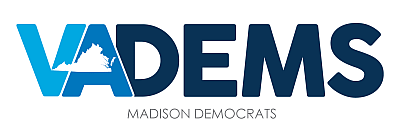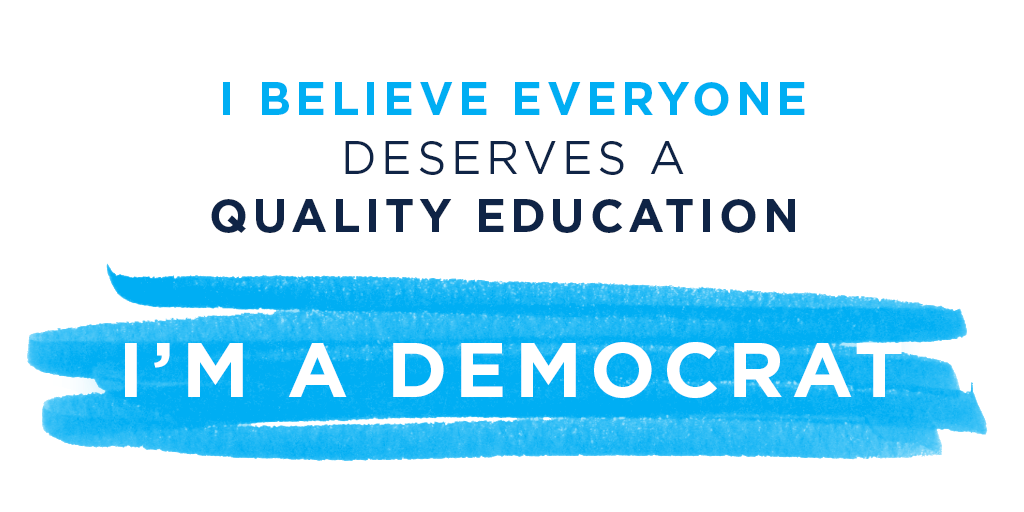By Dana Milbank
“What you fundamentally need to know about this organization is it’s completely legislator driven,” said senior director of public affairs Bill Meierling.
Uh-huh. And ALEC is proving that by keeping reporters from the rooms where the legislators are or are not receiving their marching orders from corporate patrons.
This probably won’t fly much longer. Arlington, Virginia-based ALEC has been a major force behind the conservative swing in state capitals, and it claims 82 alumni in the House — including Speaker John Boehner (Ohio) and Majority Leader Eric Cantor (Va.) — and 11 in the Senate. Its advisory council includes Exxon Mobil, Pfizer, Diageo, AT&T, Peabody Energy, Koch Industries and UPS, and exhibitors at its conference this week include the Charles Koch Institute, the Family Research Council and the Heritage Foundation. Sen. Ted Cruz (R-Tex.) and Rep. Paul Ryan (R-Wis.) are addressing the conference.
 But ALEC’s fortunes began to change with the killing of Trayvon Martin and the resulting attention to the danger of “stand your ground” laws, one of many initiatives ALEC spread from sea to shining sea. Some corporate sponsors, including Amazon, Coca-Cola, General Electric, Kraft, McDonald’s and Wal-Mart, quit ALEC. On Tuesday, the Guardian newspaper published a trove of internal ALEC documents showing how grim its situation has become.
But ALEC’s fortunes began to change with the killing of Trayvon Martin and the resulting attention to the danger of “stand your ground” laws, one of many initiatives ALEC spread from sea to shining sea. Some corporate sponsors, including Amazon, Coca-Cola, General Electric, Kraft, McDonald’s and Wal-Mart, quit ALEC. On Tuesday, the Guardian newspaper published a trove of internal ALEC documents showing how grim its situation has become.
It reported that the group has lost almost 400 state legislators in the past two years and more than 60 corporations. Its income fell a third short of projections in the first six months of this year. To raise money, the documents showed, ALEC considered expanding its policy portfolio to gambling, and, concerned about potential tax problems with its designation as a 501(c)(3) charity, it is considering 501(c)(4) status, which would allow it to lobby more openly.
Among the ALEC documents obtained by the Guardian: a draft loyalty oath for legislators who serve as the group’s state chairs, declaring that “I will act with care and loyalty and put the interests of the organization first.”

